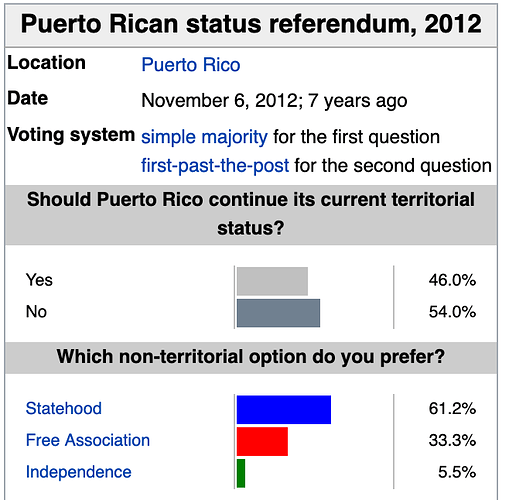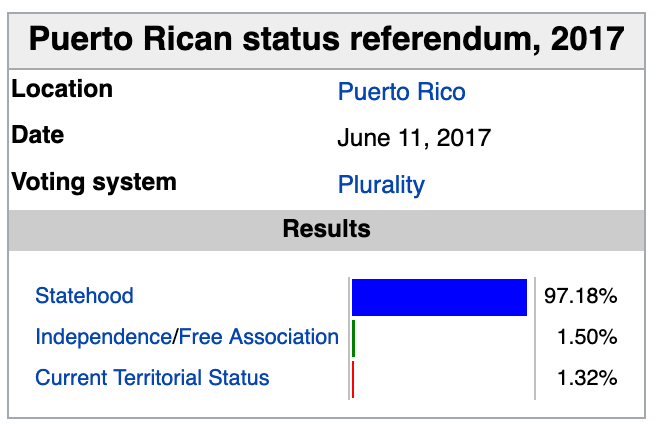Well, we need to consider the two different cases of healthcare and job training.
On the front of healthcare, consider that most people didn’t really understand how the ACA worked. Tons of people didn’t understand the Medicaid expansion, and that many of their states didn’t implement that part. But they DID know that they were mandated to buy health insurance, but couldn’t really afford it. They didn’t really understand that if their state had implemented the Medicaid expansion, that it would have solved their problems.
Yet, even so, the public perception of the ACA continued to improve, and when it finally came down to removing it, and it was highlighted what it had given them and what they stood to lose if it were repealed… The GOP had no support.
I think this suggests that a big part of the Democrats’ problem is that they are bad at messaging. You see this a bit with the current presidential ads, where some of the best ads are coming out from guys who used to be Republicans. They just seen to have a better idea of how to push the right buttons.
Now, on the front of worker retraining, I think this also kind of comes down to messaging, but a much harder problem. If your message is that you will help people change their entire life, and the GOP is saying that there just going to restore the previous status quo that was good for you… Then the GOP message is more effective.
The trick is to get them to see that the GOP message isn’t real. It’s just magic beans. But the Democrats have an uphill battle here, in that they are relegated to be the party of bad news. Those old jobs ain’t coming back. The world has moved on. That’s a rough pill to swallow for a lot of folks.
If i had to guess at the best plan for dealing with that, I’d go the route of painting the future in a rosey way. Focus on how the changes will make their lives better than ever. That progress is going to lead us all into some golden age. Almost the kind of message that dominated the national psyche in the 1950s. Space ships and robots and crap.
Also, while it’s become a punchline under Trump, i think that a large-scale national infrastructure project can help form a transition to the future economy.
You can do large scale, national infrastructure that involved things like new green technology. This not only checks the box for ecological improvements, but it helps employ folks with less established technical know-how, but simultaneously provides on the job training for how to work with those new technologies. That’s what I’d do to help carry some of those voters into the 21st century.
But remember… A bunch of them don’t vote at all. A bunch of them are disillusioned, thinking that the state doesn’t really give a crap about them or their vote.
Consider this, let’s take a rural state like, say, Iowa. If Clinton could have gotten like 20% of the people who didn’t vote at all to vote her, she would have won.
And this round, Biden is way closer to Trump in Iowa than Clinton was. That 1% lead by Trump could be grabbed just from those non voters.
But i think that part of the issue is that Democrats don’t even really try to go after the voters in a lot of those places, or at least haven’t for a while. If you convince yourself that they are a lost cause, and focus your message on castigating then rather than winning them over, then of course you’ll never win there.



